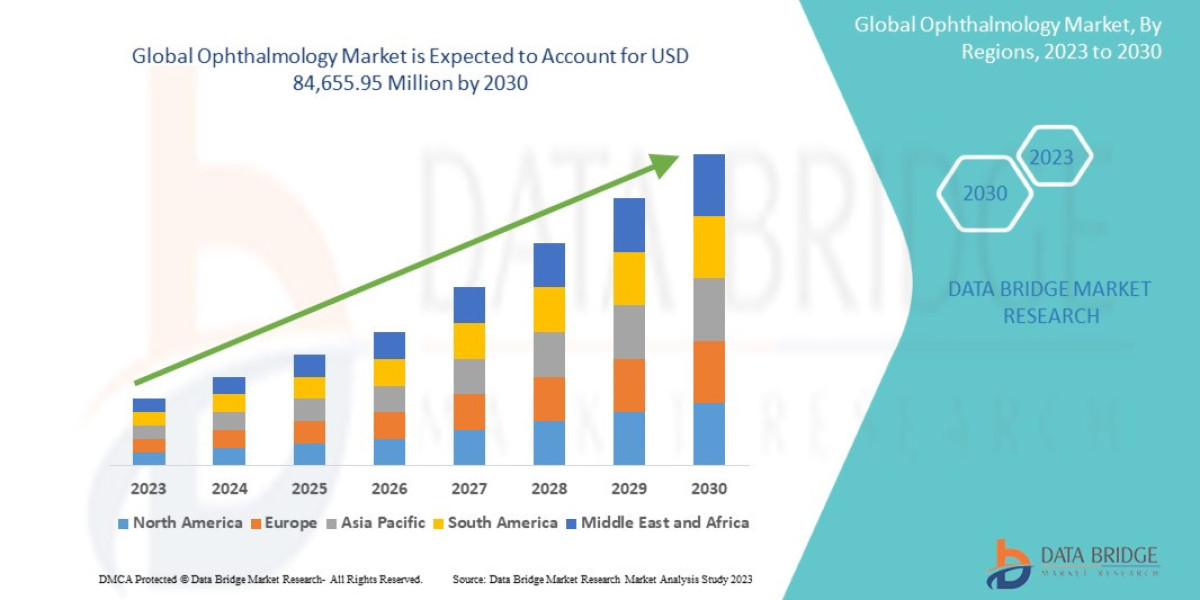Modern medicine stands as one of humanity's most profound achievements, a testament to our relentless pursuit of knowledge and well-being. It represents a dramatic departure from the guesswork of the past, rooted instead in scientific rigor, technological innovation, and evidence-based practice. From the discovery of antibiotics to the mapping of the human genome, the field has revolutionized how we understand, treat, and prevent disease. It has extended life expectancies, eradicated deadly viruses, and offered solutions to conditions once deemed hopeless. However, this incredible power is not without its complexities. The very advancements that define modern medicine also present significant ethical, economic, and accessibility challenges that society must continually navigate.
The Pillars of Progress in Modern Medicine
The foundation of modern medicine is built upon several key pillars. First is the principle of evidence-based practice, where treatments are developed and applied based on data from rigorous clinical trials, not just tradition or theory. This scientific approach ensures efficacy and safety. Second is technological integration. Sophisticated imaging machines like MRI and CT scanners allow physicians to peer inside the human body with unprecedented clarity, enabling early and accurate diagnosis. Minimally invasive robotic surgery reduces patient trauma and recovery times, while telemedicine expands access to specialist care across geographical barriers.
Perhaps the most exciting frontier is personalized modern medicine, fueled by genomics. By understanding a patient's unique genetic makeup, doctors can now tailor treatments, particularly in fields like oncology, to target specific mutations, increasing success rates and reducing side effects. Furthermore, biotechnology has given us powerful tools like monoclonal antibodies and mRNA vaccine technology, which were instrumental in the rapid development of COVID-19 vaccines. These innovations highlight a shift from merely managing illness to predicting and preventing it, offering a more proactive approach to health.
Navigating the Challenges of a Medical Revolution
Despite its triumphs, the landscape of modern medicine is fraught with challenges. The high cost of research and development for new drugs and technologies often translates into exorbitant prices, creating significant barriers to access and exacerbating healthcare inequalities. The focus on high-tech, curative interventions can sometimes come at the expense of holistic, patient-centered care and essential primary health services.
Ethical dilemmas also abound. Genetic editing technologies like CRISPR offer the potential to eliminate hereditary diseases but also raise profound questions about "designer babies" and the boundaries of human intervention. The vast amounts of data collected by digital health tools pose risks to patient privacy. Additionally, the overuse of antibiotics in both human medicine and agriculture is contributing to the silent pandemic of antimicrobial resistance, threatening to render our most vital drugs ineffective.
Conclusion
In conclusion, modern medicine is a powerful yet complex force. It has undeniably transformed our lives for the better, offering hope and healing where there was once none. Its continued evolution promises even greater breakthroughs in the years to come. However, to fully harness its potential for all of humanity, we must thoughtfully address the accompanying challenges of cost, equity, and ethics. The future of health depends not only on scientific discovery but also on our collective wisdom to guide the application of these powerful tools responsibly and justly.






